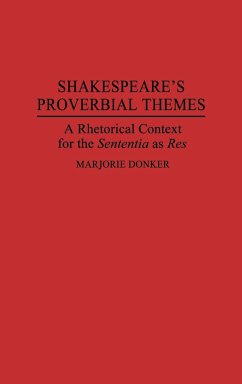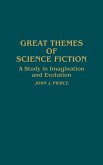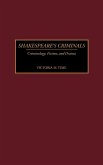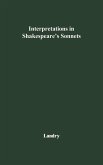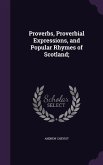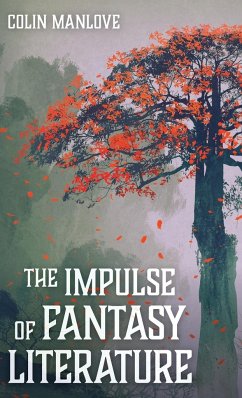This study analyzes the role of the sentenia (proverb, maxim, adage) in the rhetorical process of invention and, particularly, Shakespeare's use of the proverb as a master theme. The plays have a characteristic structure in which the thematic statement is initiated in the early scenes and then repeated, with variations, throughout. In Hamlet, for instance, the sententia all that lives must die, passing through nature to eternity is exemplified and concretized in scene after scene. Donker demonstrates that Shakespeare was a product of his schooling in Tudor England in which simple proverbial material was considered to be the substance of moral philosophy, the subject to be developed, varied, and amplified in school exercises. He was also following the dictate of Horace in Ars poetica that moral philosophy was the proper subject of the poet, that the adage was to be the theme of fiction, to be modulated in a wide range of registers and tones throughout the work, Shakespeare was using the adage as central to the process of invention. Previous scholars have analyzed the sententia as a hallmark of style in Shakespeare's plays, but not as the controlling theme. This is a well explicated argument that will be of interest and value to Shakespearean scholars and students of the history of rhetoric, with broader applications to the study of Greco-Roman and Elizabethan cultures, the history and theory of drama, and humanistic studies.
Hinweis: Dieser Artikel kann nur an eine deutsche Lieferadresse ausgeliefert werden.
Hinweis: Dieser Artikel kann nur an eine deutsche Lieferadresse ausgeliefert werden.

